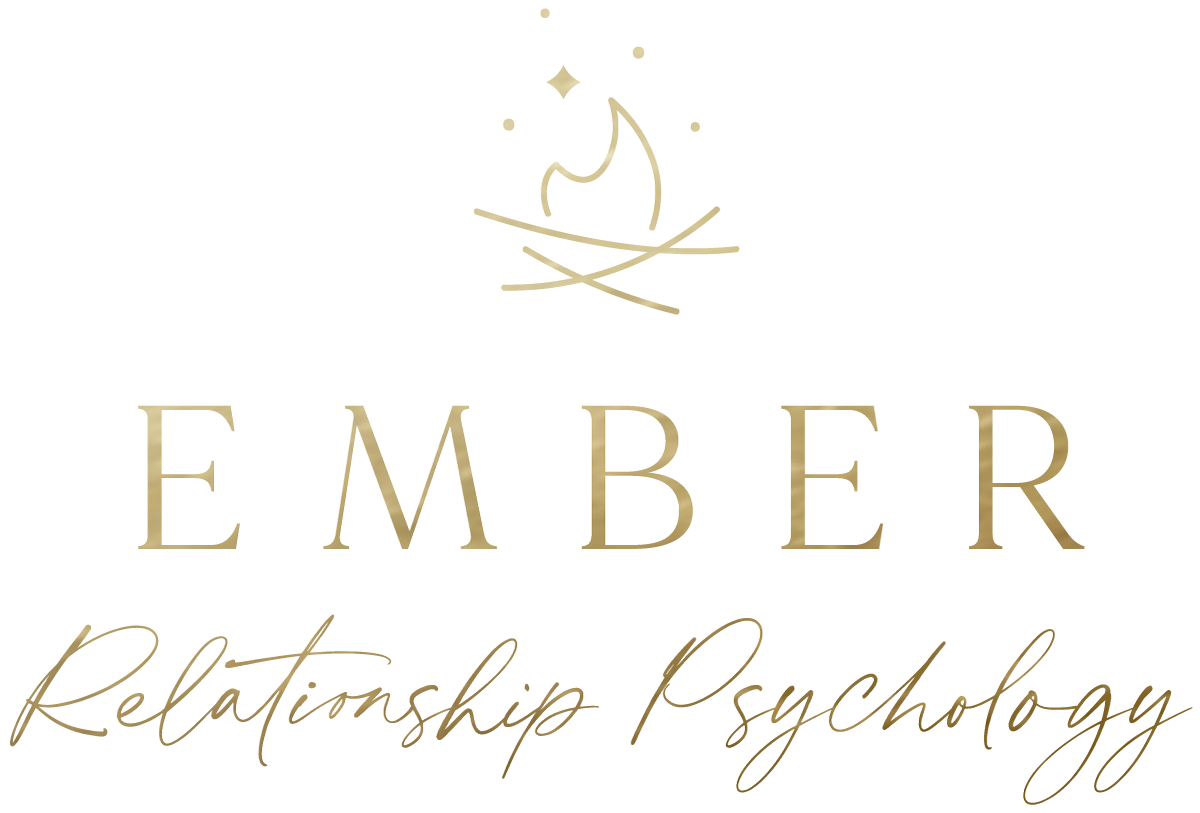6 Ways to Become a Better Listener
by Amber Dalsin, M.Sc., C.Psych.
One of the hardest skills to master in a relationship is listening.
I know I’ve been a poor listener. I’ve picked up my phone when someone was talking, jumped in to tell a related story about myself, and tried to solve my friend’s (or partner’s) problem when they hadn’t asked for advice.
I’ve even made mistakes when listening that led to the end of relationships. Mistakes like intentionally rolling my eyes when my ex was speaking or laughing at what he was saying. These behaviors show contempt by insulting or emotionally injuring a partner. Contempt is toxic for relationships.
But no matter how bad a listener you currently are, you can change. Today I’m a very respectful listener, I make the occasional misstep, but my default now is attentive and respectful listening.
Being a great communicator is something you hone, like any other skill. With practice and repetition, even the most difficult skill becomes easy over time.
Here are 6 ways to become a better listener:
1. Demonstrate you’re listening.
2. Be mindful of your face.
3. Accept the speaker’s perspective as valid.
4. Express support as you listen.
5. Ask open-ended questions.
6. Ask if they want problem-solving or just to share.
1. Demonstrate you’re listening – eye contact, put your phone down
A very common error that derails conversations and leaves speakers feeling like their partner isn’t listening is when the listening partner does not demonstrate they are listening.
Listening is a building block of both love and trust. Show your partner with your words and actions that you are listening. You do this by looking at least generally in their direction, making appropriate (at least occasional) eye contact, and doing things like nodding your head to show you are following along. Depending on the content of what your partner is saying it could be appropriate to lean in, touch them, or hold their hand.
2. Be mindful of your face
All behavior is communicative. So, if you are rolling your eyes, shaking your head, frowning, or scowling, your partner is not going to receive this as listening.
From time to time, your honest reactions are going to show on your face. However, most adults are able control their reactions – to some degree. Use your expression to show support of what your partner is saying. This can communicate empathy, understanding, and that you really get what your partner is saying. At the very least, you should try to remain neutral.
3. Accept the speaker’s perspective as valid
One of the most common things that leaves speakers feeling unheard is when the listener doesn’t see their perspective as a valid point of view.
It can be hard to accept others’ perspectives. If you can, try to focus on what the subject means to each of you, and the feelings you have about topics instead of arguing over the facts of the situation like who did what, or what order things happened in.
4. Express support as you listen
Have you ever listened to someone repeating themselves over and over as they try to make a point?
This is usually a sign that the topic matters to them or they don’t feel heard. A way to demonstrate you get the point and offer empathy and support is to summarize back what you have heard them say as accurately as possible. Summarizing back is a powerful way to say, “I’m here; I hear you”.
5. Ask open-ended questions
Asking open-ended questions is a way to show interest and open your partner’s heart. It keeps the conversation flowing.
Why is that important to you?
How does this situation change you?
How does this make you feel?
6. Ask if they want problem-solving or just to share.
Giving unsolicited advice instead of listening is very common. Many people hear their partner have a problem and want to fix it. Or sometimes they are tired of listening to the same problem, so they try to fix it.
Here is the thing: sometimes it can feel better just to share problems with your partner. When your partner listens, it’s like they are taking some of the load off your back and sharing the weight with you.
If you’re not sure if your partner wants advice or if they just want to share – ask them.
Do you want some advice, or would you prefer I just listen?
Are you open to some feedback or advice about this?
Being a great listener has the power to increase emotional connection, quiet conflict, and increase the sense you and your partner have each other’s back.
For more on becoming a great listener, check out the blog Listening: 5 Essential Tips.
This blog is not meant to be a substitute for couples therapy or relationship counselling. This should not be construed as specific advice. See a relationship therapist in your area to address your specific problems.

